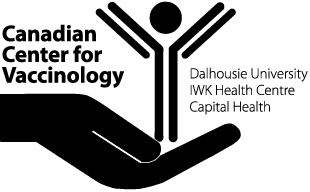Current Studies
RSVoyage Trial: A Maternal RSV Vaccine Study
Participants needed: 18-40
Please Note: The buttons above to learn more or live chat are not currently functioning. For more information on this study, please contact the study team via the information listed at the bottom of this page.
Studies of new vaccines are done in phases; this is a Phase 2.
-
- A Phase 1 study is a trial of an investigational vaccine that is tested in a small group of people for the first time to evaluate its safety and identify side effects.
- A Phase 2 study builds on the Phase 1 study data to increase the number of study participants with additional safety data and to measure the body’s immune response to the vaccine.
- A Phase 3 study uses the data from Phase 1 and 2 studies and is given to even more people to see if the vaccine works to protect people against the disease.
After a Phase 3 study a vaccine can be submitted for Health Canada approval for use in the general public.
What is the purpose of this study?
This clinical trial is evaluating an investigational vaccine that aims to protect babies from RSV. The trial is being conducted to see whether an investigational vaccine given to pregnant women may potentially help protect their babies during the vulnerable first few months by passing on immunity through the placenta. This process works for vaccines such as whooping cough, tetanus, flu, and COVID-19.
About RSV and RSV prevention
RSV is a common virus that infects the lungs and respiratory tract – the parts of the body related to breathing. It can cause a runny nose, sore throat, cough, and fever. RSV is the common cause of lower respiratory tract infections in children around the world. RSV can lead to serious respiratory tract problems like pneumonia (lung infection) and bronchiolitis (inflammation of the small airways in the lungs, especially in young children.
Infants under 6 months of age are at greatest risk of developing severe RSV disease due to their immature respiratory and immune systems. In 2019, RSV was associated with over 100,000 deaths of children across the world.
There is a medication called palivizumab that can help reduce the risk of RSV infection in babies. This is given as a monthly injection during autumn and winter to babies with increased risk of RSV (for example if they have been born prematurely) and is not available to all children. A similar medication called Beyfortus that only needs to be given once is also available in Canada.
Recently, an RSV vaccine called Abrysvo for pregnant women to prevent RSV in their babies was approved for women who are 32 to 36 weeks pregnant but recommendations on its use and the timelines on when it will be available are not yet known.
Am I eligible?
To join the RSVoyage Trial, you must be:
- 18 to less than 40 years of age
- In good health
- 28 to 36 weeks pregnant at the time of the vaccination visit
*You can still reach out to the clinical trial site if you are earlier than 28 weeks pregnant.
What does this study involve?
Participation in the RSVoyage Trial will last up to 15 months. This includes up to 3 months before you give birth and 12 months after you give birth.
- You will have at least 8 in-person visits and 4 phone calls with the clinical trial team. After delivery, these visits and phone calls will include both you and your baby
- You will be given 1 injection in the upper arm
- You must complete electronic diary (eDiary) entries for 7 days after the injection, starting on and including the day of injection. Once your baby is born, you will complete eDiary entries regularly
- Enrolling in this clinical trial is completely your choice. You may stop participating in the trial at any time, and you do not have to give a reason for doing so
- Qualified participants will receive payment for their trial-related time and travel
For more information or to sign up, contact:
Karen Caballero
Phone: 902-470-8992
Email: [email protected]




